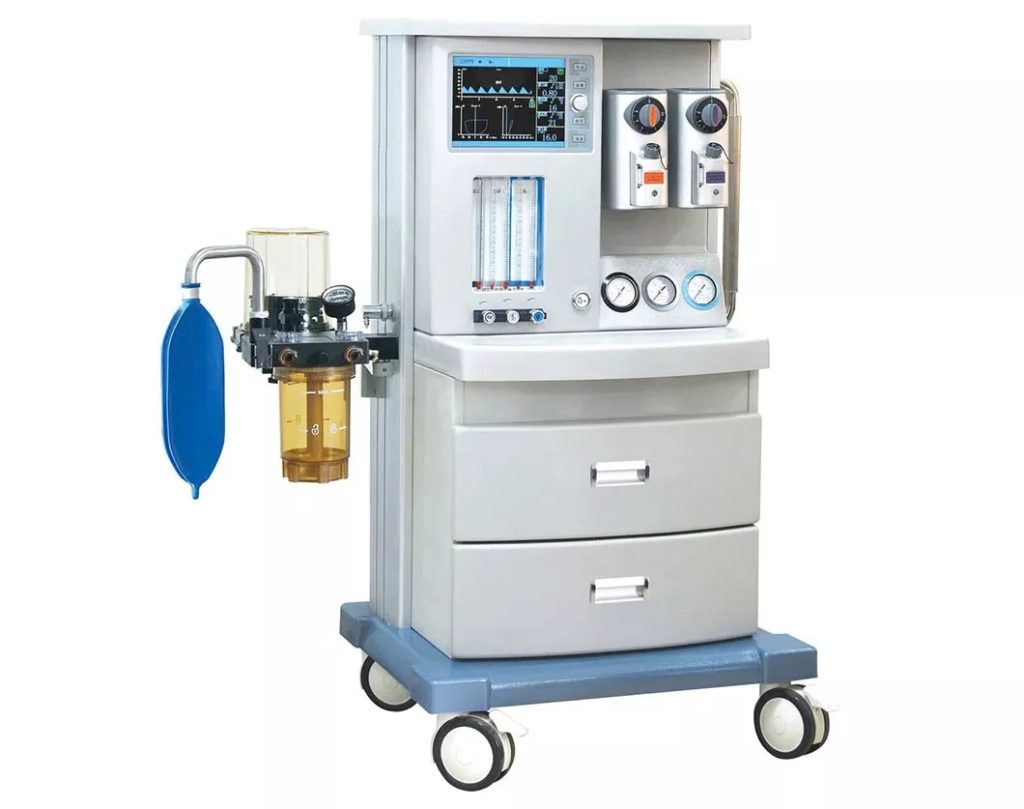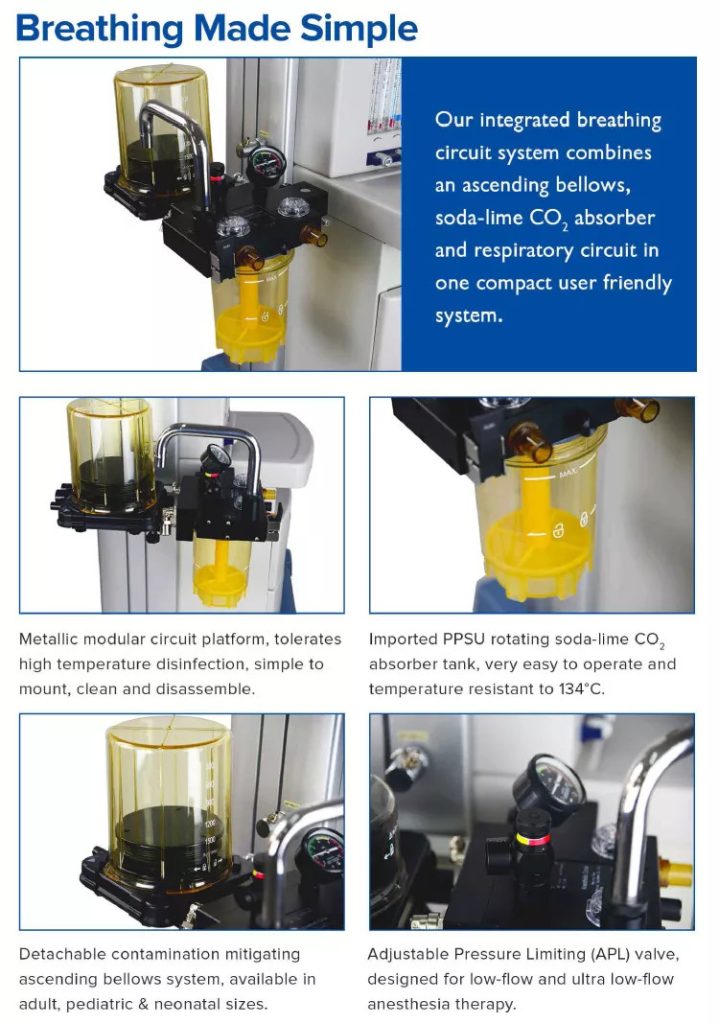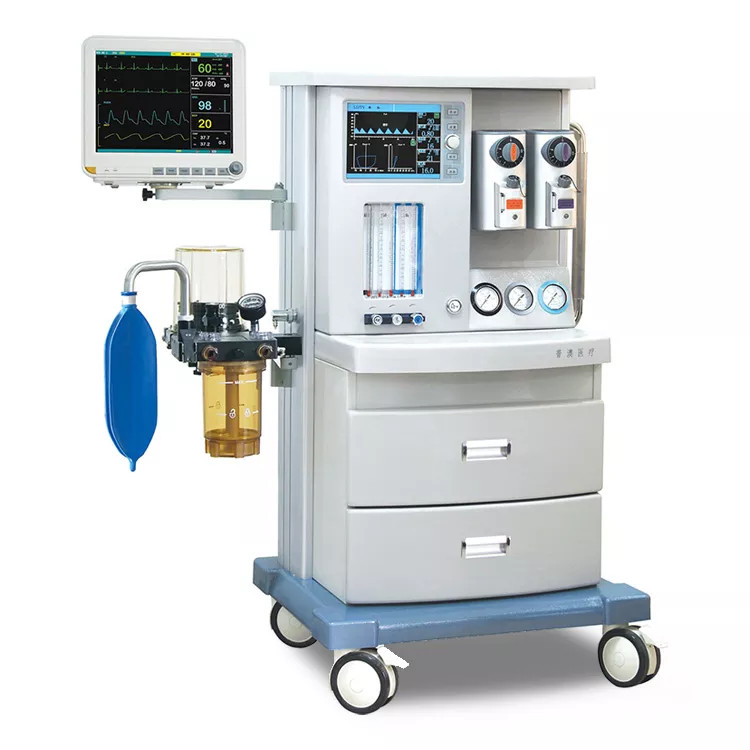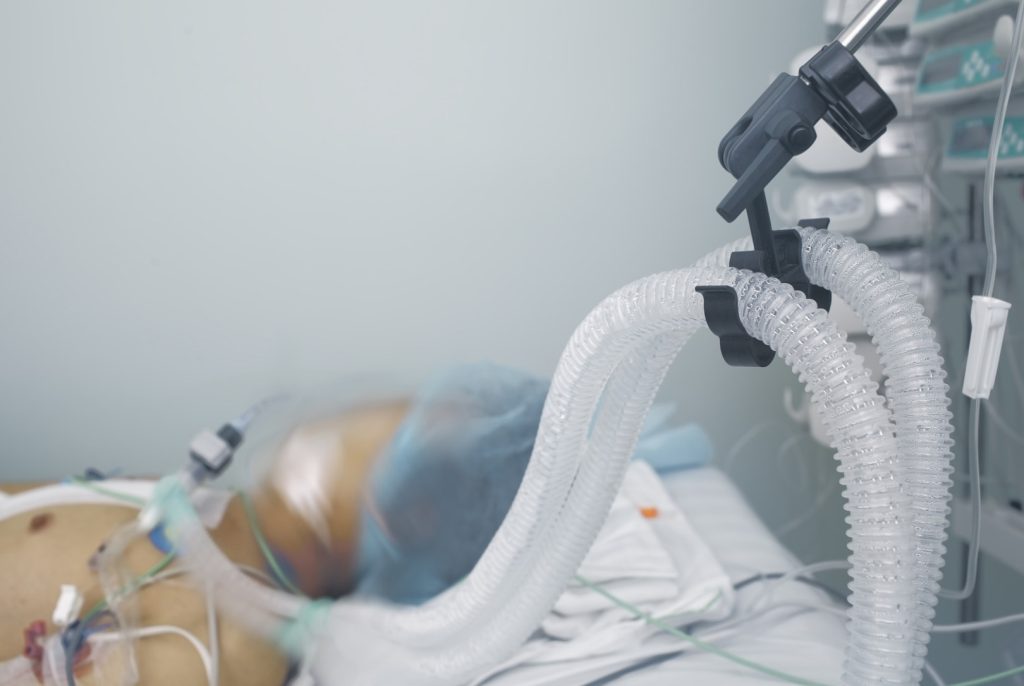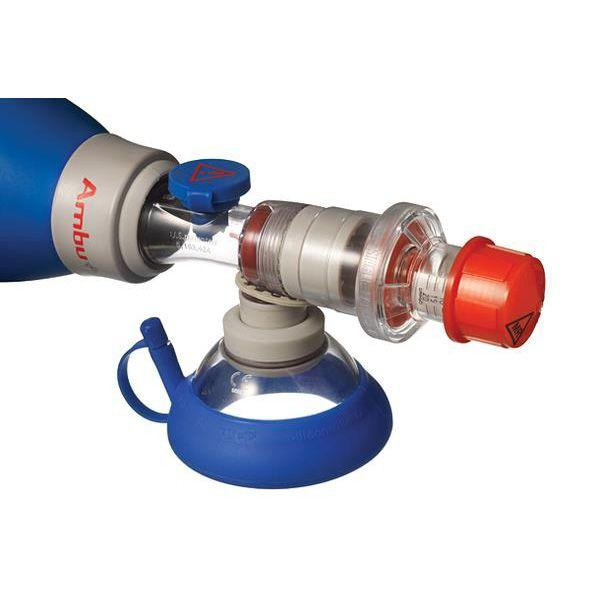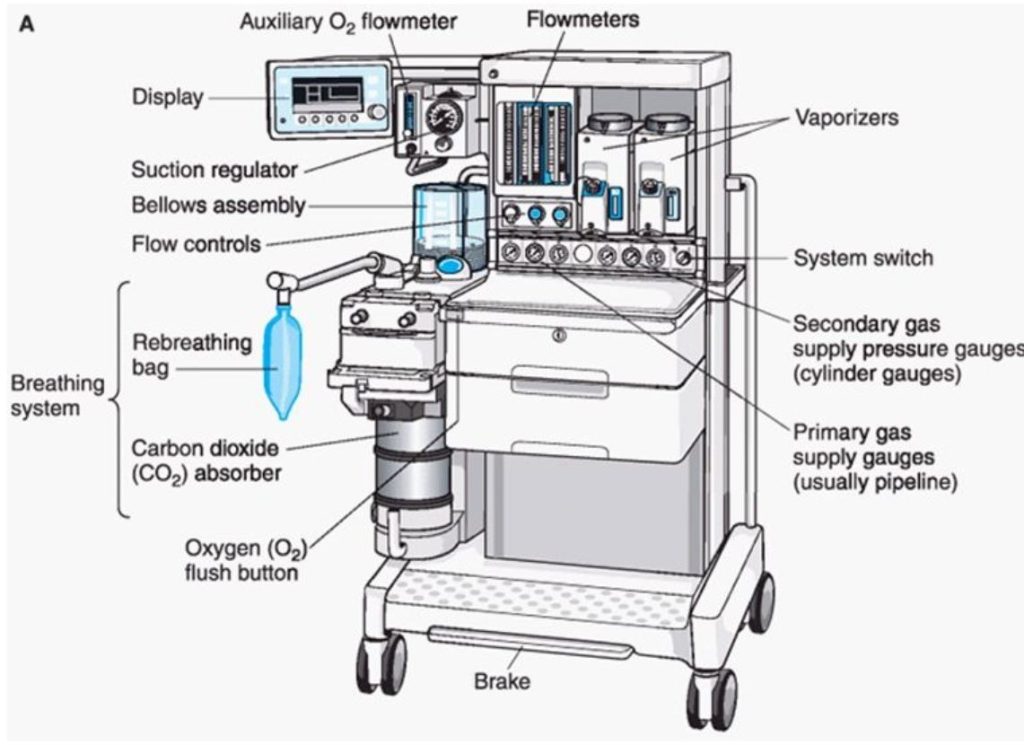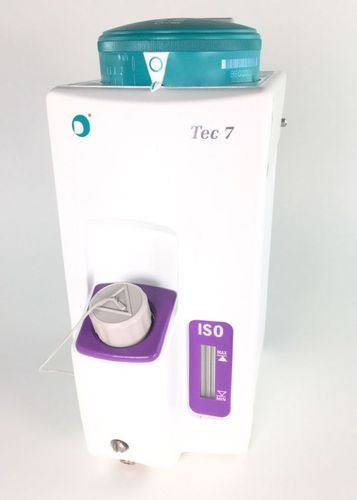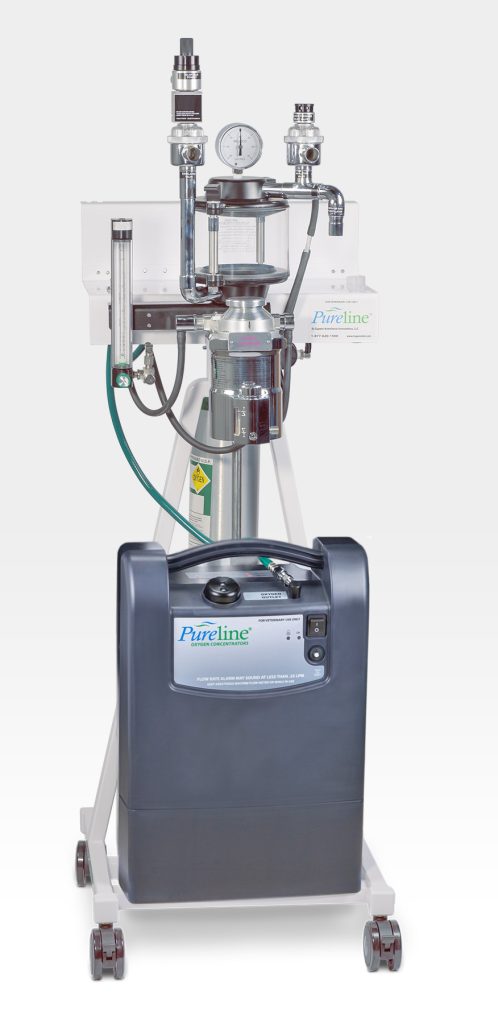What is total body hypothermia anesthesia?
Total body hypothermia anesthesia is a type of anesthesia where the body is cooled to a temperature below normal. This can be done using a variety of methods, but the most common is to use a heart-lung machine. This machine circulates cold water through the body and helps to maintain the temperature at a desired level.
What are the benefits of using total body hypothermia anesthesia?
1. Total body hypothermia anesthesia can help to protect the brain from damage during surgery.
2. It can also help to reduce the risk of postoperative complications, such as pneumonia and wound infections.
3. Total body hypothermia anesthesia can also help to shorten the recovery time after surgery.
Does total body hypothermia anesthesia mean a heart-lung machine was used?
Total body hypothermia anesthesia does not mean a heart-lung machine was used.
How is total body hypothermia anesthesia different from other types of anesthesia?
Total body hypothermia anesthesia is a type of anesthesia where the body is cooled to a temperature below normal. This can be done by using a cooling blanket or ice packs. This type of anesthesia is used for surgery that requires a heart-lung machine.
What are the risks associated with total body hypothermia anesthesia?
There are a number of risks associated with total body hypothermia anesthesia, including:
-Hypothermia: One of the most common risks associated with this type of anesthesia is hypothermia. This can occur when the body is exposed to cold temperatures for an extended period of time.
-Heart problems: Another potential risk is that the heart may not be able to pump blood effectively when it is cold. This can lead to serious heart problems, such as arrhythmias or even heart failure.
-Lung problems: The lungs may also be affected by total body hypothermia anesthesia. This can cause difficulty breathing and may even lead to pneumonia.
-Kidney problems: The kidneys may also be affected by this type of anesthesia, which can lead to kidney failure.


